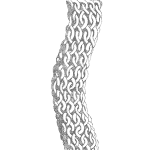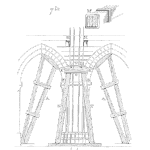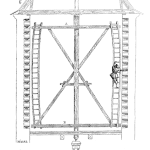
In this video, Hemant Urdhwareshe explains concept of Confidence Intervals for Mean Time Between Failures (MTBF). The concept is explained for time terminated and failure terminated tests. The calculation is illustrated with Chi-square distribution tables and also Excel Template created by IoQR. The video would be useful to those who want to learn these concepts and learn how to calculate MTBF confidence intervals using tables. It will be beneficial to those who wish to take ASQ CRE, CQE, Six Sigma Black Belt and CMBB certification exams.
[Read more…]












